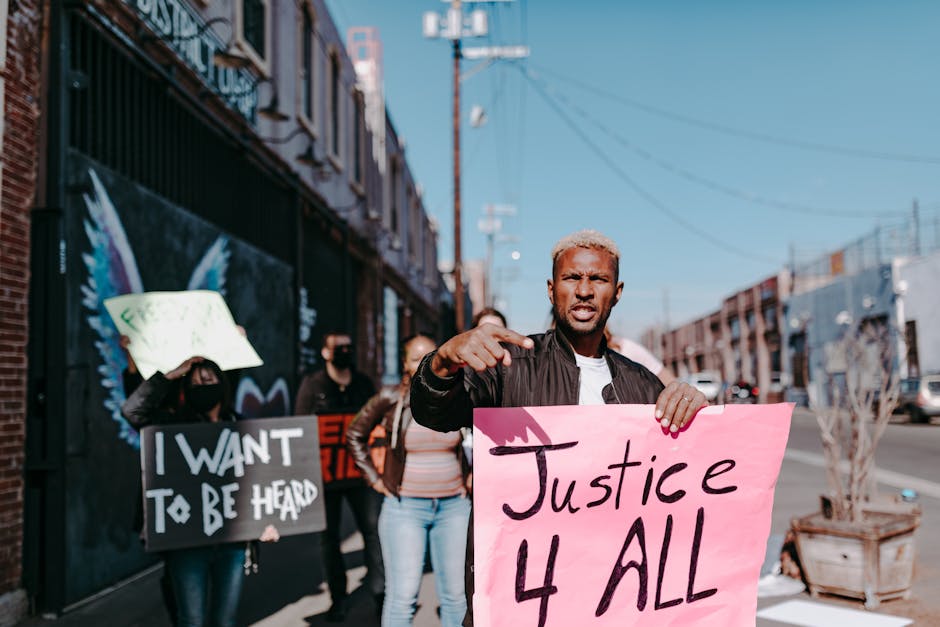Uttarakhand High Court Acquits Two in 2010 Murder Case
In a landmark ruling, the Uttarakhand High Court has acquitted two individuals, Rajesh Kumar and Vijay Singh, who were accused in a 2010 murder case. The court cited insufficient evidence to prove their guilt, emphasizing the principle of “innocent until proven guilty.”
Background of the Case
The case dates back to 2010 when a man was found dead under suspicious circumstances in a remote Uttarakhand village. Local police arrested Rajesh Kumar and Vijay Singh, alleging a personal vendetta led to the murder. The trial court convicted the duo in 2015 based on circumstantial evidence and witness testimonies, sentencing them to life imprisonment.
Defense’s Argument and High Court’s Verdict
The defense consistently argued that the evidence was weak and their clients were falsely implicated. In their appeal, they highlighted inconsistencies in witness statements, lack of direct evidence, and unclear motives.
The High Court agreed, stating, “The chain of circumstances presented by the prosecution is not complete, and there are significant gaps that raise reasonable doubt about the involvement of the accused.” The court acquitted the duo, stressing the prosecution’s failure to meet the burden of proof.
Reactions to the Verdict
The acquittal has sparked mixed reactions. While the families of Rajesh Kumar and Vijay Singh expressed relief, the deceased’s family questioned the investigation’s efficacy.
Legal and Systemic Implications
Legal experts emphasized the challenges of relying on circumstantial evidence. Senior advocate Anil Sharma noted, “Thorough investigations are crucial to form a complete chain of evidence for convictions.”
The verdict has also reignited calls for police reforms and better investigative mechanisms in India. Human rights activists welcomed the decision, viewing it as a safeguard for individual liberties.
Conclusion
This case highlights the complexities of the justice system and the need for meticulous investigations to ensure fair outcomes. While the acquittal ends a long legal battle for the accused, it leaves the deceased’s family seeking closure.




